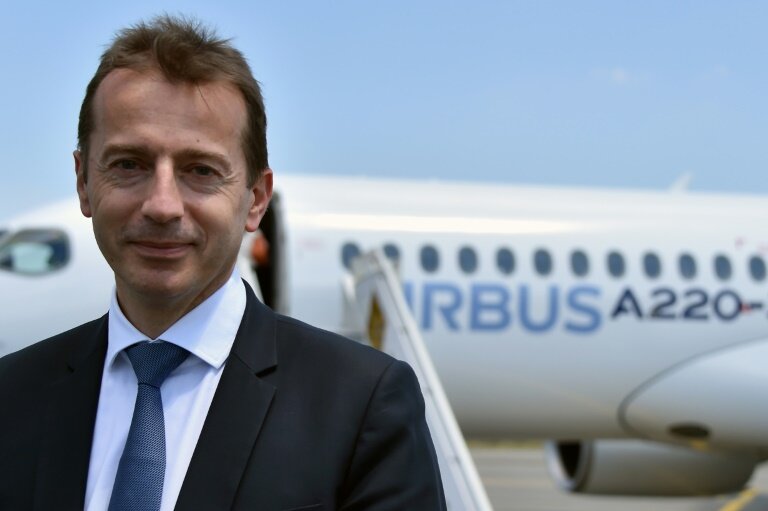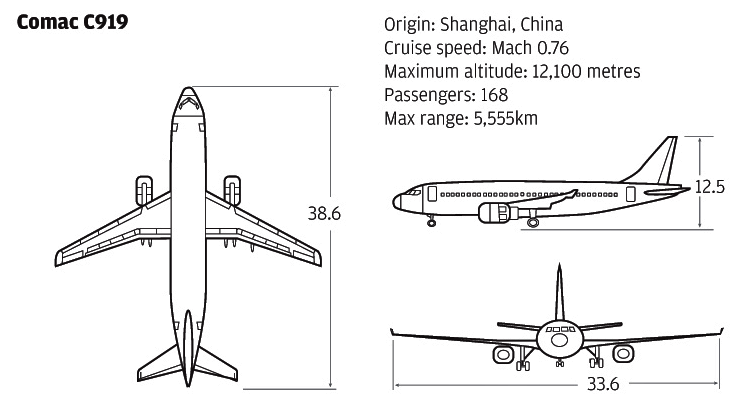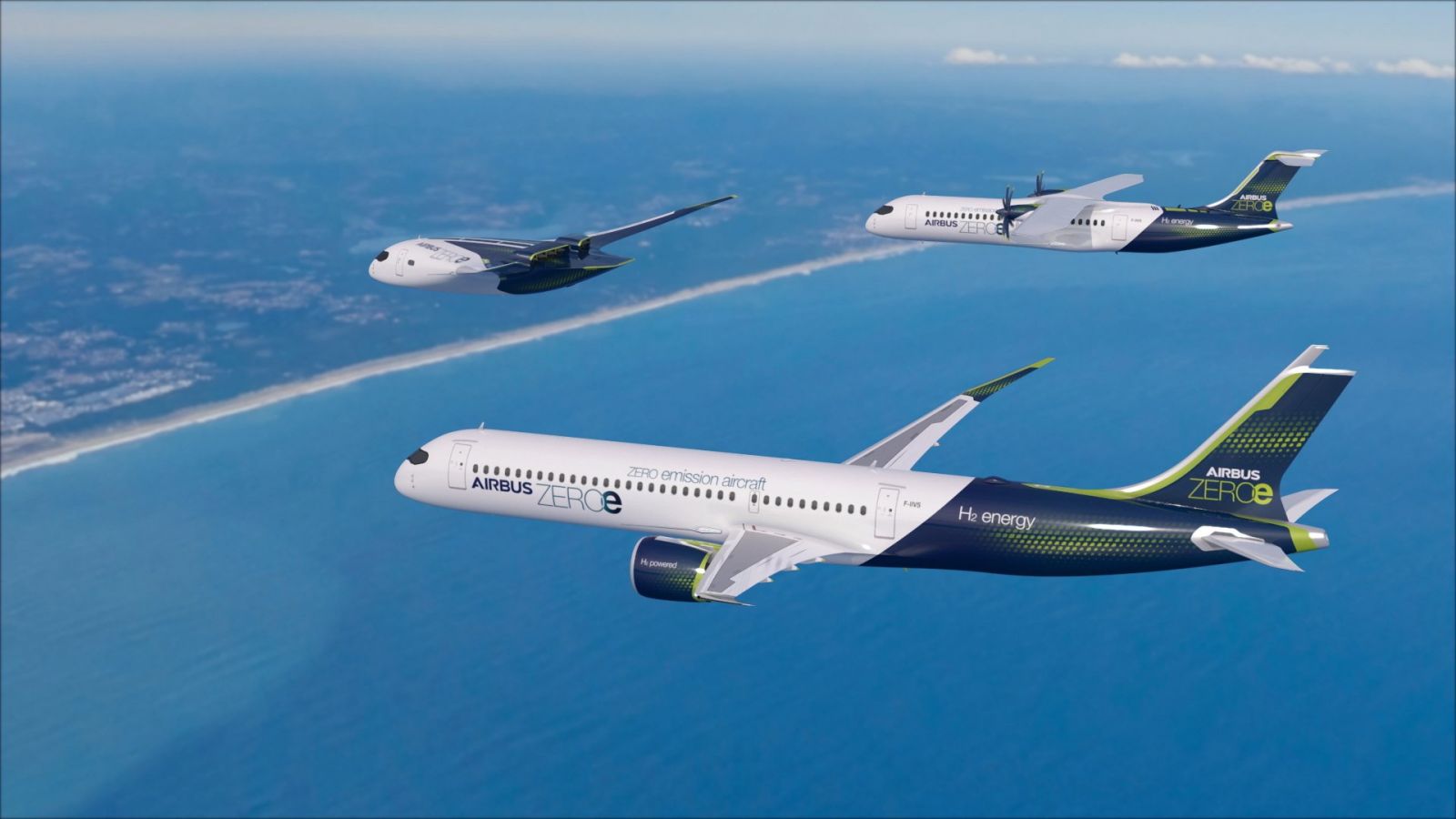


Frederick Kempe President and CEO of Atlantic Council kept on asking and Guillaume Faury- CEO, Airbus went on to answer many , but we will pick aviation from that .
When asked about current aviation , the Airbus chief described , how historical it has been with Covid-19 pandemic killing air travel and how Airbus and entire supply chain is re-adjusting to the new reality. His words reflected the hardship and tough life around the aviation , that will linger till 2022.
Talking of Aviation business in US and Europe, he belived, there is a lot of scope and he also quoted ,
I think aviation is mainly a North Atlantic ecosystem. We also buy from the US a lot. The US companies and Boeing buy from Europe. We sell to Europe, to the rest of the world, to the US, and vice versa.
Additionally, to small business. I mean, before the pandemic we were delivering altogether—Boeing and us and all the suppliers contributing to it—around—up to 1,500 planes a year. So that’s very small, actually, in terms of the numbers. And of course, last year we did even hardly half of these numbers.
Answering the Question on Airbus- Boeing trade dispute , he seemed optimistic and said,
I believe it’s just a matter of willingness. I don’t see any obstacle that cannot be resolved in the disputes. It was a long-term situation that developed over fifteen years. No party was willing to accept the situation imposed by the other one. So—but I think looking at the consequences going up, I think everybody understands it’s better to find an agreement. So there will be an agreement. There was an agreement, by the way, fifteen years ago. You remember, there was a substantive agreement between Boeing and Airbus that worked for more than a decade, I think.
He says, the dispute can be resolved, if the EU and the US have the willingness to sit down and look at the situation and agree on what can be acceptable and what is not, even if it has a different flavor of both sides, I think it’s just a matter of willingness.
So I’m very optimistic that now that we see on both sides a willingness to get to that deal, that we’ll get it. And by the way, going back, the situation with tariffs will really be meaningless for both Boeing and Airbus, and all the other industries which are impacted. So that’s another reason why I’m quite optimistic.
When Frederick Kempe asked about the importance of chinese aviation market, Guillaume said , chinese market is equally important for Boeing and Airbus and it is shaed between the two players in different ways on the single-aisle and the wide bodies.
About COMAC , he said, in a decades time , dynamics will change and the Duopoly (Airbus- Boeing) will probably take the shape of a Triopoly(Airbus- Boeing - COMAC) , once COMAC product 919 makes a market entry.

However, he seemed to be not convinced about the competitiveness of the Chinese COMAC and the product maturity , so that world starts accepting it as an alternate choice.
That’s not—that’s not an unlikely scenario. It’s still difficult to say at what stage and what level of competitiveness COMAC will be able to introduce the 919 in the market. We believe they will start with China, because the Chinese airlines are state-owned companies and it’s easier to do it. It takes a lot of time to demonstrate the maturity of a product, to make it reliable, trusted, and economically viable. But we believe it’s not unlikely on that on the single-aisle by the end of the decade COMAC will have taken a certain share of the market.
When asked about NATO and Defense Co-operation , he said , he has faith over the NATO alliance ,
When it comes to defense, European countries are buying US goods, US products. They have done it in the past, but Europe wants also to reinforce its own defense industry. I think it was very much supported by the president, the administration in the US that pushed Europe to take probably more care of its own sovereignty, and we believe at Airbus that it was a good move for Europe. We think it will continue, but with probably a more longer perspective, a US that is seen from Europe as more cooperative with this Biden administration than it was the case with the previous one.
Answering a question on Aviation sustainability, he assured , Airbus is working on short-term, mid-term, and long-term measures when it comes to bringing the solutions to the market.
He said ,

► On the short term, the best way to reduce the emissions is to replace all planes that have a much higher, a much bigger fuel burn by modern ones, which are by far more efficient and therefore release less CO2 per passenger and per kilometer.
► Then, on the short term/mid-term, we have the opportunity to work with sustainable aviation fuels. And together with the airlines—I think together with Boeing, by the way, on that front—we believe the SAFs are the avenue for the next years.
► On the long term, we have to find ways of not emitting any carbon in the atmosphere. A solution that is net zero is not enough. And to go to that point, we come to the conclusion that hydrogen is one of the solutions, if not the solution.
On hydrogen Fuel, he believed it to be a long term answer, he believes Airbus will overcome the technological challenges and be productive by 2035. He also batted for regulation and a global framework for aviation.
Read more on the Atlantic Council talk !
Pictures : Airbus , COMAC .
